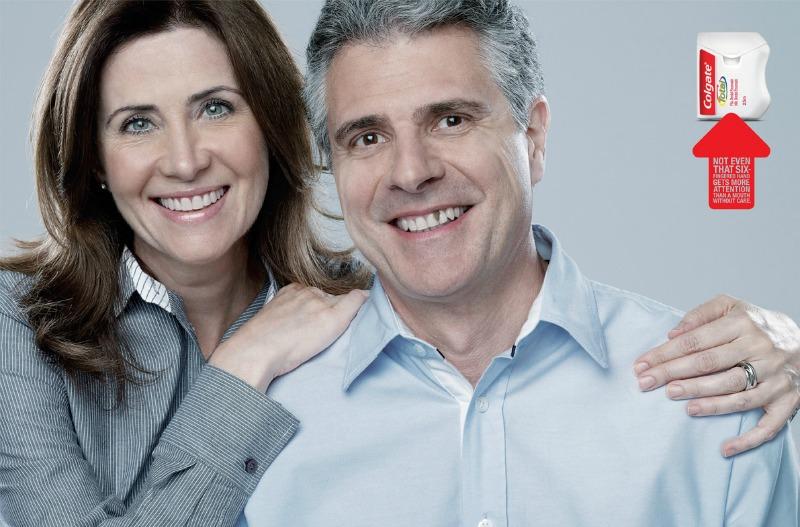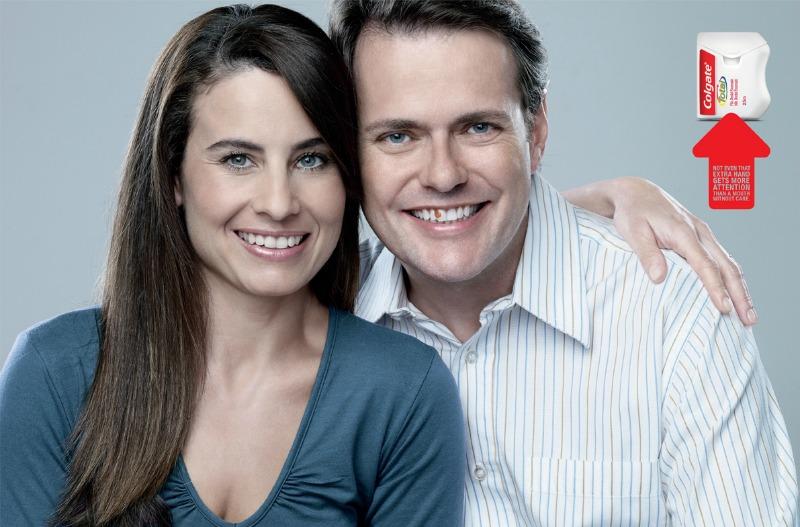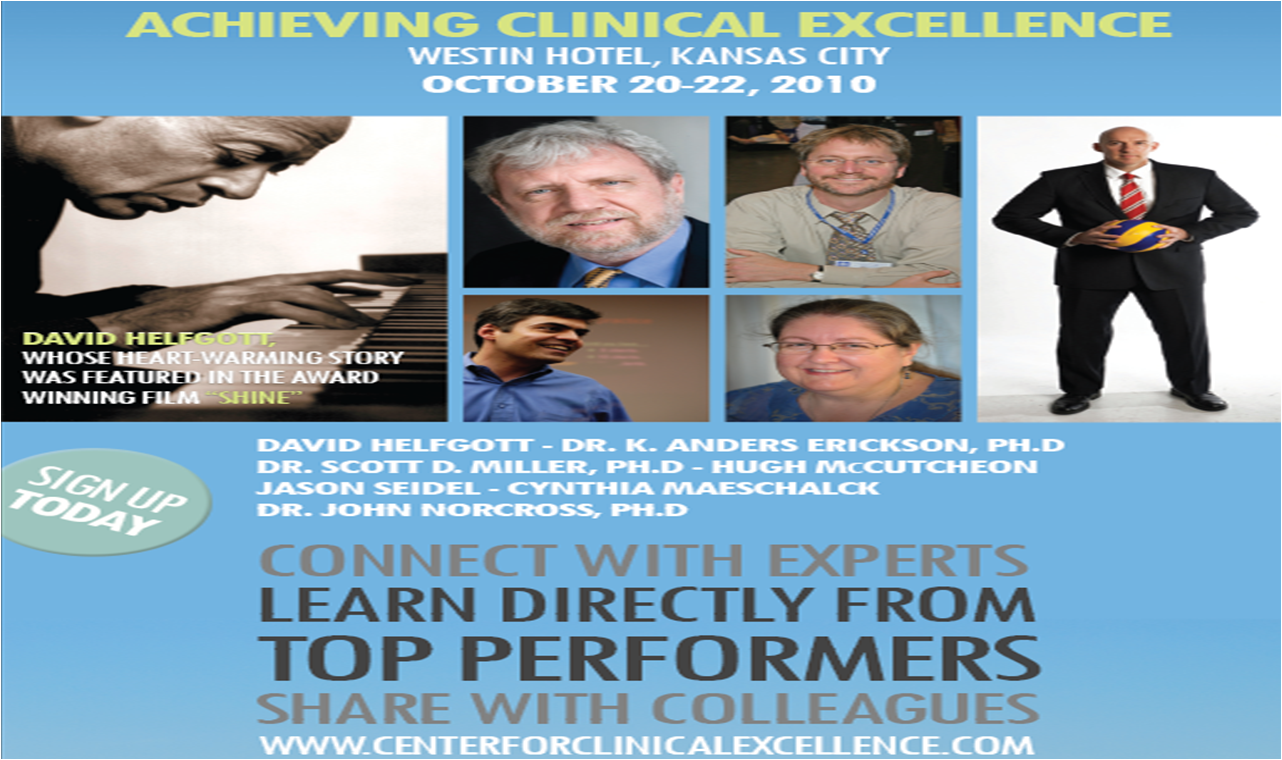Have you seen this month’s issue of, “The National Psychologist?” If you do counseling or psychotherapy, you should read it. The headline screams, “Therapy: No Improvement for 40 Years.” And while I did not know the article would be published, I was not surprised by the title nor it’s contents. The author and associate editor, John Thomas, was summarizing the invited address I gave at the recent Evolution of Psychotherapy conference.
Fortunately, it’s not all bad news. True, the outcomes of psychotherapy have not been improving. Neither is there much evidence that clinicians become more effective with age and experience. That said, we can get better. Results from studies of top performing clinicians point the way. I also reviewed this exciting research in my presentation.
Even if you didn’t attend the conference, you can see it here thanks to the generosity of the Milton H. Erickson Foundation. Take a look at the article and video, then drop me a line and let me know what you think. To learn more, you can access a variety of articles for free in the scholarly publications section of the website.







.jpg)




